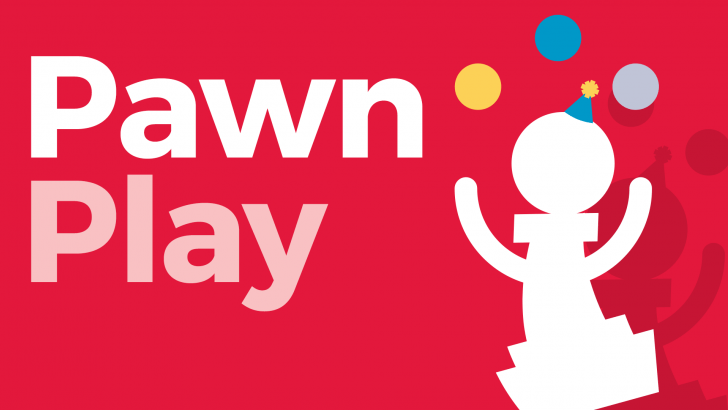Pawn Play
Master pawn structures and know your plans for each game!
Are you ever confused about how to make the most of your pawn structure? Then this course is for you! This module will teach you about pawn structures and give you practice making the right choices with your pawns. Improve your knowledge of pawn structures today!
Here is what you will learn:
- Learn about strong and weak pawns!
- Learn how to make the most of passed pawns!
- Learn how to use pawns in powerful attacks!
- Learn pawn structures that help in each opening!
- Learn how to make a plan based on your pawn structure!
